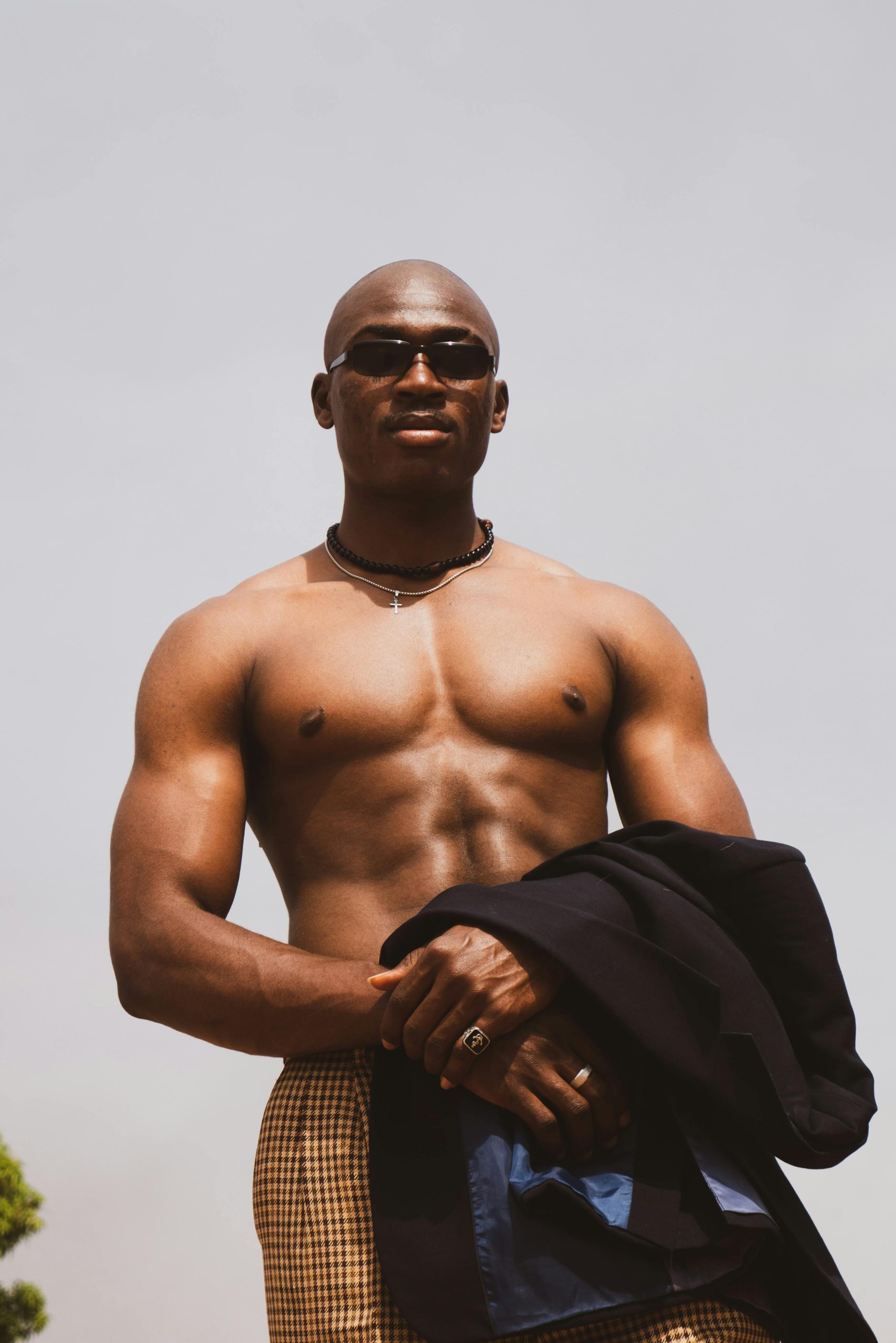In the past decade, the entertainment landscape has undergone a seismic shift. Traditional Hollywood stars, once the undisputed rulers of fame, now share the spotlight—and sometimes lose it—to a new breed of celebrities: influencers. With social media platforms like Instagram, TikTok, and YouTube serving as their stage, these digital personalities have amassed millions of followers, lucrative brand deals, and even crossover opportunities in film and television. But does this mark the beginning of the end for Hollywood’s dominance, or is it simply an evolution of celebrity culture?
The Power of Social Media Fame
Social media has democratized fame in ways previously unimaginable. Unlike traditional Hollywood, where gatekeepers like studios and agents controlled who became a star, platforms like TikTok and Instagram allow anyone with a smartphone and creativity to build an audience. Influencers like Charli D’Amelio, MrBeast, and Addison Rae have leveraged viral content to achieve global recognition—sometimes in a matter of months.
Key factors driving influencer success:
- Authenticity: Audiences crave relatability, and influencers often provide a more unfiltered, personal connection than polished Hollywood celebrities.
- Direct engagement: Followers can interact with influencers in real-time through comments, live streams, and DMs, fostering loyalty.
- Algorithmic reach: Social media platforms prioritize discoverability, helping niche creators find their audience without traditional marketing.
Brands Are Shifting Their Investments
Hollywood stars were once the go-to choice for brand endorsements, but today, companies are increasingly turning to influencers. Why? Because influencer marketing often delivers higher engagement and ROI. A single post from a top influencer can drive more sales than a traditional ad campaign featuring an A-list actor.
Example: Fashion Nova, a brand that skyrocketed to success, attributes much of its growth to partnerships with Instagram influencers rather than celebrity spokesmodels. Similarly, beauty brands like Glossier and Fenty Beauty have harnessed influencer collaborations to dominate their markets.
Why brands prefer influencers:
- Targeted audiences: Influencers often cater to specific demographics, making campaigns more precise.
- Cost-effective: Micro-influencers with smaller but highly engaged followings can be more affordable than big-name celebrities.
- Trust factor: Followers view influencers as peers, making their recommendations feel more genuine.
Hollywood’s Response: Collaboration or Competition?
Rather than resisting the rise of influencers, Hollywood has begun embracing them. Many influencers are transitioning into mainstream entertainment, securing roles in movies, TV shows, and even hosting awards ceremonies. Addison Rae starred in Netflix’s He’s All That, while TikTok stars like Noah Beck and Dixie D’Amelio have landed reality TV deals.
At the same time, traditional celebrities are adopting influencer tactics. Actors like Dwayne “The Rock” Johnson and Selena Gomez have built massive social media followings, blending old-school fame with digital savvy. This convergence suggests that the future may not be about replacement but integration.
Challenges and Criticisms
Despite their success, influencer celebrities face scrutiny. Critics argue that their fame is often fleeting, built on trends rather than talent. Others point to controversies surrounding authenticity, such as staged content or undisclosed sponsorships. Additionally, the pressure to constantly produce content can lead to burnout—a stark contrast to Hollywood’s more structured career paths.
Common criticisms of influencer culture:
- Lack of longevity: Many influencers struggle to maintain relevance as platforms and trends evolve.
- Over-commercialization: Followers may grow weary of constant ads and sponsored posts.
- Ethical concerns: Issues like data privacy and the impact on mental health are increasingly debated.
The Future of Fame
As the lines between Hollywood and influencer fame blur, one thing is clear: the definition of celebrity is changing. While traditional stars won’t disappear overnight, influencers are reshaping how fame is achieved, monetized, and sustained. The next generation of celebrities may well be those who master both digital and traditional platforms, leveraging the best of both worlds.
Ultimately, the rise of influencer celebrities isn’t about replacing Hollywood—it’s about expanding the possibilities of stardom. Whether through viral dances, heartfelt vlogs, or blockbuster films, fame in the digital age is more accessible, diverse, and dynamic than ever before.
Conclusion
The entertainment industry is no longer a one-way street leading to Hollywood. Influencers have carved out their own lanes, proving that fame can come from anywhere—even a smartphone screen. While challenges remain, their impact is undeniable. Whether they fully replace traditional stars or simply coexist with them, one thing is certain: influencer celebrities are here to stay, and they’re rewriting the rules of fame in the process.
